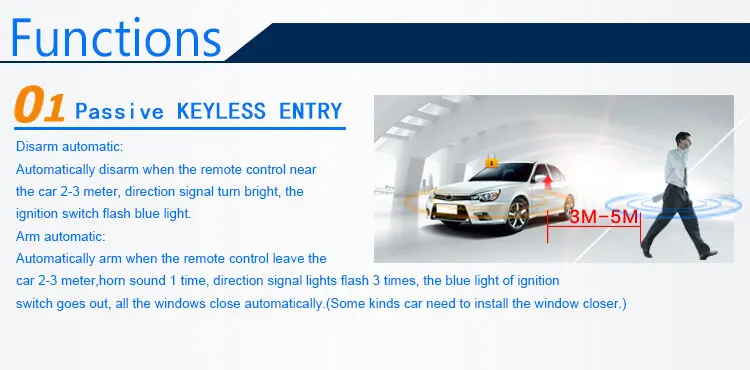Unlocking the Secrets of Car Loan Lengths: What You Need to Know
Guide or Summary:Understanding Car Loan LengthsShorter Loan Lengths: Pros and ConsLonger Loan Lengths: Pros and ConsFinding the Right Car Loan Length for Yo……
Guide or Summary:
- Understanding Car Loan Lengths
- Shorter Loan Lengths: Pros and Cons
- Longer Loan Lengths: Pros and Cons
- Finding the Right Car Loan Length for You
- Conclusion: Making an Informed Decision on Car Loan Lengths
When it comes to financing your vehicle, understanding car loan lengths is crucial for making informed decisions. The duration of your car loan can significantly impact your monthly payments, interest rates, and overall financial health. In this article, we will delve into the various aspects of car loan lengths, helping you navigate through the options available and choose the best one for your needs.
Understanding Car Loan Lengths
Car loan lengths typically range from 24 to 84 months, with the most common terms being 36, 48, 60, and 72 months. The length of your loan can influence several factors, including the total interest paid, the size of your monthly payments, and your ability to trade in or sell your vehicle in the future.
Shorter Loan Lengths: Pros and Cons
Choosing a shorter loan length, such as 24 or 36 months, often means higher monthly payments. However, the benefits are significant. You will pay less interest over the life of the loan, and you’ll own your car outright sooner. This can be particularly advantageous if you plan to keep your vehicle for a long time or if you want to avoid being upside down on your loan—owing more than the car is worth.
On the downside, the higher monthly payments might strain your budget, especially if your financial situation changes unexpectedly. It’s essential to weigh these factors carefully before committing to a shorter loan term.

Longer Loan Lengths: Pros and Cons
On the other hand, opting for a longer loan length, such as 60 or 72 months, can make your monthly payments more manageable. This is appealing for those on a tight budget or those who prefer to allocate their funds elsewhere. However, the trade-off is that you will pay more interest over the life of the loan, which can significantly increase the overall cost of your vehicle.
Longer loan terms can also lead to negative equity, especially if the car depreciates faster than you pay down the loan. This situation can complicate matters if you decide to sell or trade in your vehicle before the loan is paid off.
Finding the Right Car Loan Length for You
To determine the best car loan length for your situation, consider the following factors:
1. **Budget**: Evaluate your monthly budget and determine how much you can comfortably allocate toward your car payment without compromising your other financial obligations.

2. **Interest Rates**: Shop around for the best interest rates, as these can vary significantly based on the length of the loan and your credit score. Generally, shorter loans have lower interest rates.
3. **Vehicle Depreciation**: Research how quickly the car you wish to buy depreciates. Some vehicles hold their value better than others, which can influence your decision on loan length.
4. **Future Plans**: Consider your future plans regarding the vehicle. If you anticipate needing a new car in a few years, a shorter loan might be more appropriate.
5. **Financial Goals**: Reflect on your long-term financial goals. If paying off debt quickly is a priority, a shorter loan might align better with your objectives.

Conclusion: Making an Informed Decision on Car Loan Lengths
In conclusion, understanding car loan lengths is vital for anyone looking to finance a vehicle. By weighing the pros and cons of different loan terms and considering your personal financial situation, you can make an informed decision that aligns with your budget and goals. Remember, the right car loan length will not only affect your monthly payments but also your overall financial well-being. Take the time to research and choose wisely, ensuring that your car loan works for you and not against you.